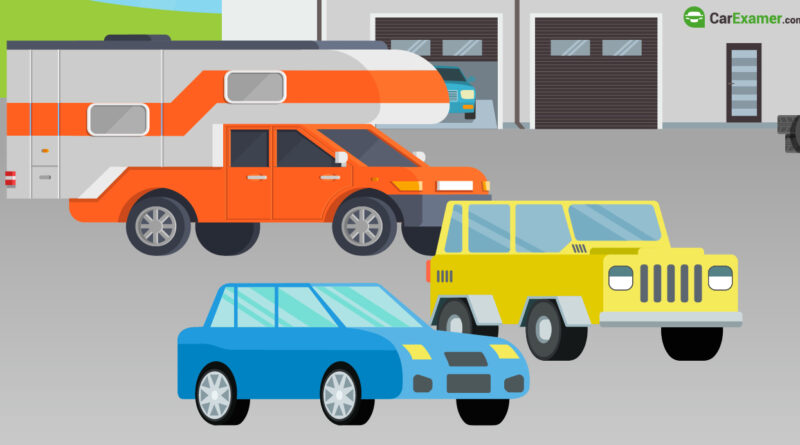Lease Purchase A Comprehensive Guide
This article aims to provide a thorough understanding of lease purchase, delving into its mechanics, advantages, and considerations. In the realm of acquiring a vehicle, the lease purchase option has gained popularity for its unique combination of flexibility and ownership benefits. Whether you’re a potential car buyer or someone exploring varied financing options, this guide is designed to illuminate the intricacies of lease purchase.
What is Lease Purchase?
Lease purchase, often referred to as “rent-to-own,” is a financing arrangement that blends elements of both leasing and traditional auto loans. It allows individuals to lease a vehicle with the option to purchase it at the end of the lease term. This arrangement offers a middle ground between the flexibility of leasing and the prospect of vehicle ownership. Check PCP
Key Components of Lease Purchase:
- Lease Duration:
- The lease duration is a predetermined period during which the lessee (the individual leasing the vehicle) agrees to use the car. Common lease durations range from 24 to 60 months.
- Monthly Payments:
- Lessees make regular monthly payments throughout the lease period. These payments typically cover the vehicle’s depreciation, taxes, and interest.
- Residual Value:
- A crucial aspect of lease purchase is the establishment of the vehicle’s residual value at the lease’s conclusion. This value represents the estimated worth of the car at the end of the lease, and it plays a pivotal role in determining the purchase price.
- Option to Purchase:
- At the end of the lease term, the lessee has the option to buy the vehicle at the predetermined residual value. This provides flexibility for individuals who may choose to own the car outright or explore other options.
- Maintenance Responsibilities:
- Lessees are typically responsible for maintaining the vehicle during the lease period. Regular maintenance, including scheduled services and repairs, helps ensure the car’s optimal condition.
Advantages of Lease Purchase:
- Lower Monthly Payments:
- Lease purchase often comes with lower monthly payments compared to traditional auto loans. This can be attractive for individuals seeking a more budget-friendly option.
- Flexibility at Lease End:
- Lessees have the flexibility to decide whether to purchase the vehicle, return it, or explore a new lease. This adaptability aligns with diverse lifestyle and financial scenarios.
- Potential Ownership:
- For those uncertain about long-term commitments, lease purchase offers the opportunity to test a vehicle before committing to ownership. If satisfied, individuals can transition from leasing to owning.
- Newer Models:
- Lease purchase enables access to newer vehicle models with advanced features, as lease terms often align with a manufacturer’s warranty coverage.
Considerations and Potential Drawbacks:
- Mileage Restrictions:
- Lease agreements typically include mileage limits. Exceeding these limits can result in additional charges, so it’s essential to assess one’s driving habits.
- Condition Standards:
- Lessees are responsible for returning the vehicle in good condition, accounting for normal wear and tear. Excessive wear or damage may incur extra charges.
- Total Cost of Ownership:
- While monthly payments may be lower, it’s crucial to consider the total cost of ownership, including the purchase price at the end of the lease.
- Market Value Fluctuations:
- Economic factors and market fluctuations can impact the vehicle’s residual value, influencing the final purchase price at the end of the lease.
Lease purchase provides a versatile financing option for individuals seeking a balance between leasing and ownership. Understanding the key components, advantages, and considerations associated with lease purchase empowers consumers to make informed decisions aligned with their preferences and financial goals. Whether opting for ownership or exploring new leasing opportunities, the lease purchase concept offers a dynamic pathway into the world of automotive financing.
Buying a used VW. Buying used vauxhall, BMW, Jaguar, Ford, Volvo, Range rover, Bentley, Aston Martin, Porsche, Ferrari, Lamborghini, Maserati, Hyundai, Tesla, Honda, Pagani

